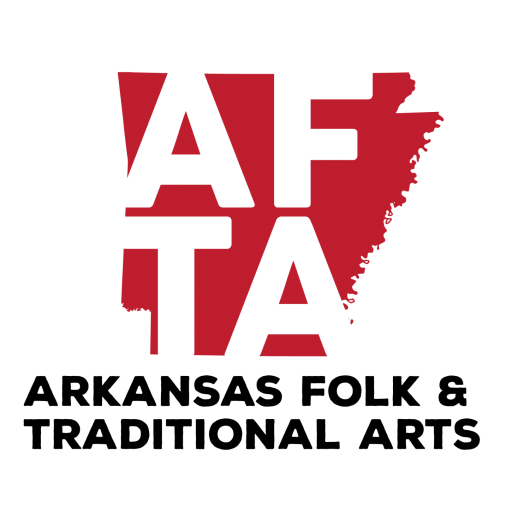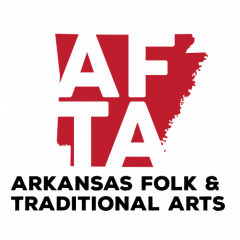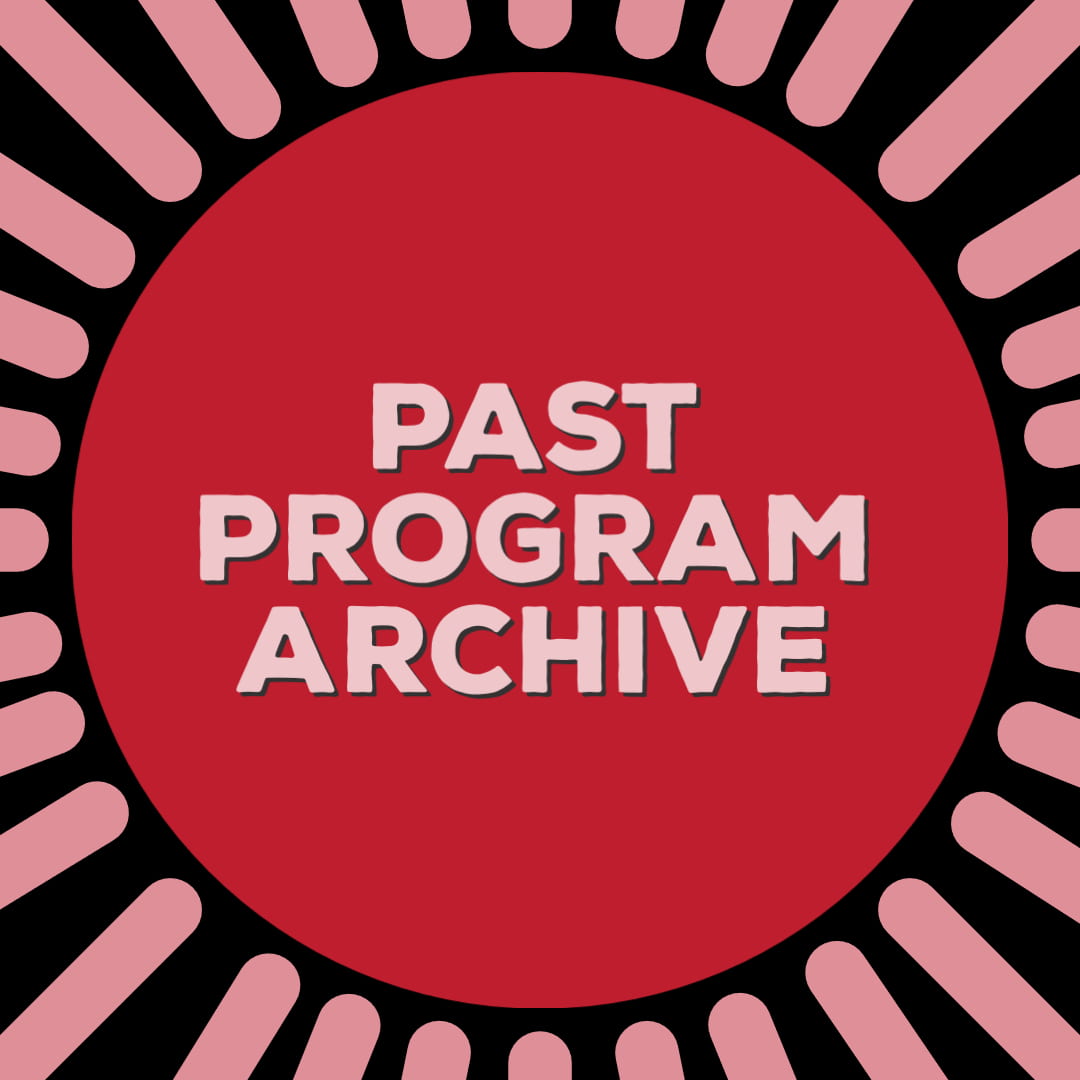Engaging Students through Folklore Documentation: Professional Development for K-12 Educators
This summer program is a specialized training for K-12 educators modeled after AFTA’s longstanding program called Community Scholars. Recognizing that individuals are already experts of their communities, Community Scholars trainings are offered three times a year throughout the state to equip & empower community members to document, present, and sustain their community arts. This K-12 version of the program is tailored to equip educators to take the curriculum and use it in the classroom.
Next Session:
- Summer 2026: Dates and Location TBA
Past Sessions:
- Summer 2024: July 17-19, 2024, University of Arkansas-Fayetteville
Who is eligible?
Arkansas K-12 educators in the humanities. Lesson plans are designed for grades 6-12.
What will I learn?
Participants of this program are introduced to documentation techniques, ethics of working with communities, research and archiving methods, presentation of culture, and project development.
Participants are required to attend all daily sessions in person for the three-day duration. At the end of the program, participants:
- Gain 18 hours of professional development credit.
- Receive access to a range of lesson plans covering topics on folklore and folklife in Arkansas.
- FOR 2024: Eligiblity to receive up to $75 reimbursement for travel costs.
OVERVIEW OF TYPICAL SCHEDULE AND TOPICS:
Day 1 – Introduction to AFTA and Program; Introduction to Folklore; Partnering with Community Organizations; Using Archival Materials with K12 Students; Archival Collection Viewing
Day 2 – Folklore Documentation; Oral History Interviews; Folk Culture vs. Popular Culture; Interview Equipment; Practice Using Equipment. Optional Evening Activity: Documentary Screening
Day 3 – Community Collaboration; Presenting Student Research; Models for Presenting Student Research; Connecting with Visual Folk Arts and Active Listening
How do I apply?
When applications open for our next program, the application link will be available here. Keep an eye on AFTA’s website and social media for details for our next planned program: folklife.uark.edu/connect/.
Questions?
Contact Lauren Willette
Phone: (479) 575-4664
Email: willette@uark.edu

The 2024 “Engaging Students Through Folklore Documentation” program is supported by a grant from the Arkansas Humanities Council. To find out more about how Arkansas Humanities Council grants impact Arkansas, visit https://humanitiesar.org/
Community Scholars Portals:
Interested in hosting a Community Scholars Training in your community?
Contact us to learn more!
Many thanks to the Kentucky Arts Council’s Community Scholars Program, from which this program and curriculum have been adapted.








